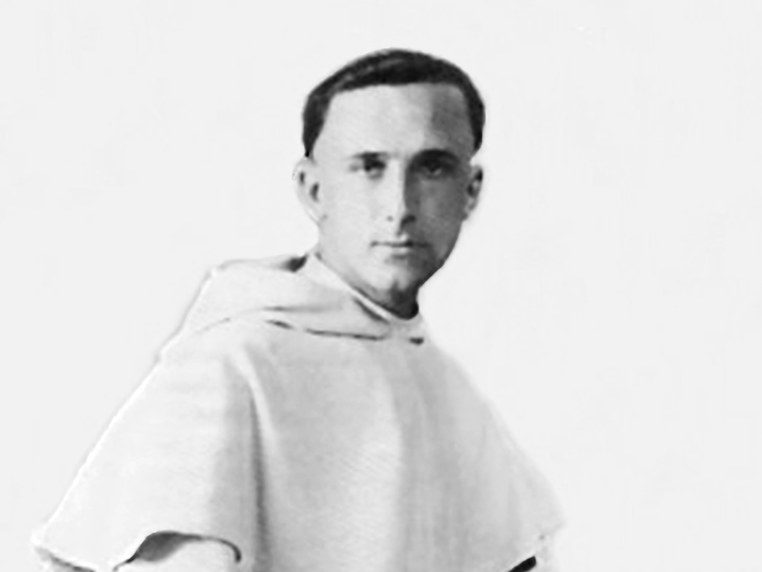I love Lent.
Don’t get me wrong. It’s not that I take pleasure in fasting. And I don’t enjoy “giving stuff up” any more than the next guy. In my devotional life, I can be a typical spoiled American.
But Lent, for me, is always a hopeful time. It’s my annual reminder that change is possible. More than that, I’m reminded that God wants me to change and wills me to change. So he’ll give me the grace I need to put away vice and put on virtue. All the readings at Mass reinforce those lessons. God calls Israel to repent — to cease its sinning — and to grow by means of prayer, fasting, and almsgiving.
I usually mark the season with a silent retreat, so that I can get back to the basics of the spiritual life. I’ll usually take a book with me; and I want to tell you about a book I took along a Lent or two ago. It’s “Knowing the Love of God: Lessons from a Spiritual Master” (St. Joseph Communications, $14.95), by Father Reginald Garrigou-Lagrange, OP.
This author defined “the basics of the spiritual life” for me, way back when I was a new Catholic. Garrigou-Lagrange was perhaps the most celebrated Catholic theologian of his lifetime (1877-1964). He taught for many years at Rome’s Pontifical University of Saint Thomas Aquinas (the Angelicum), and among his illustrious students was a young Polish priest named Karol Wojtyla. Father Wojtyla (whom we now know as St. Pope John Paul II) completed his doctoral dissertation under the direction of Friar Reginald.
He is best known, however, for his foundational work of spiritual theology, “The Three Ages of the Interior Life” (CreateSpace Independent Publishing Platform, $25), which he wrote when he was young. That title, too, bears careful reading and re-reading. I cannot name — and can’t even imagine — a book more justly influential on the practice of spiritual direction.
But “Knowing the Love of God” is an even better way to pass your Lenten days. It is Father Garrigou-Lagrange’s most mature work — his last writings, produced in the midst of much suffering. In fact, its chapters are mostly the notes for meditations that he preached at retreats for his fellow friars.
Garrigou-Lagrange anticipated what St. Pope John XXIII called the greatest teaching of the Second Vatican Council: the universal call to holiness. Garrigou-Lagrange believed that ordinary Christians, by virtue of their baptism, were called to the mystical life and empowered for it. This doesn’t mean we’ll all be visionaries or prophets; in fact, it seems that God calls very few to experience such dramatic phenomena.
But we’re all called to enjoy a life of profound, prayerful, and intimate union with God. We’re called to be God’s children, and to know his Fatherhood in an ever more powerful way. This is the ordinary vocation of Christians.
It’s my vocation and yours, and we can certainly live it better. If you can’t join me on retreat this year, please join me at least in the pages of this book, which is now available again after many years out of print.

